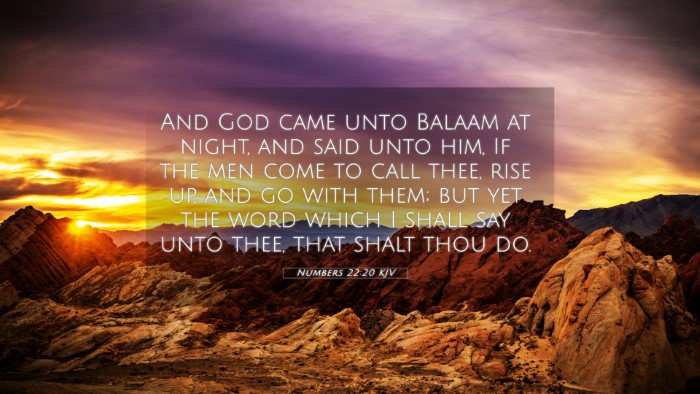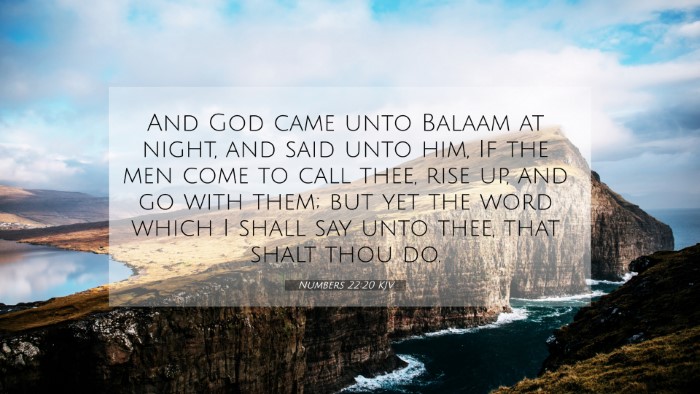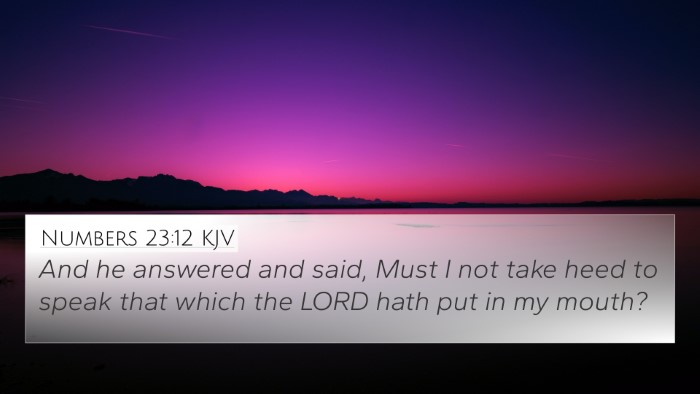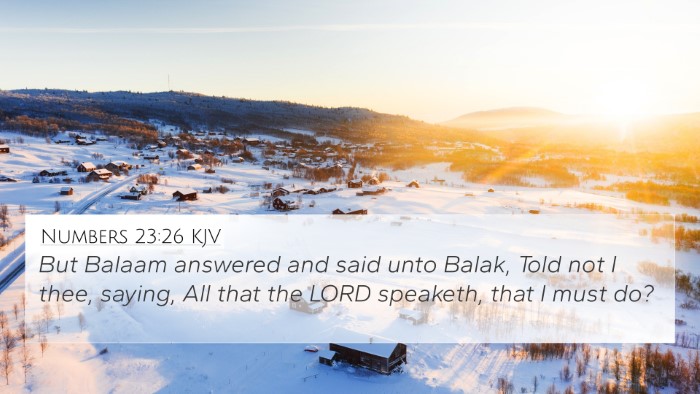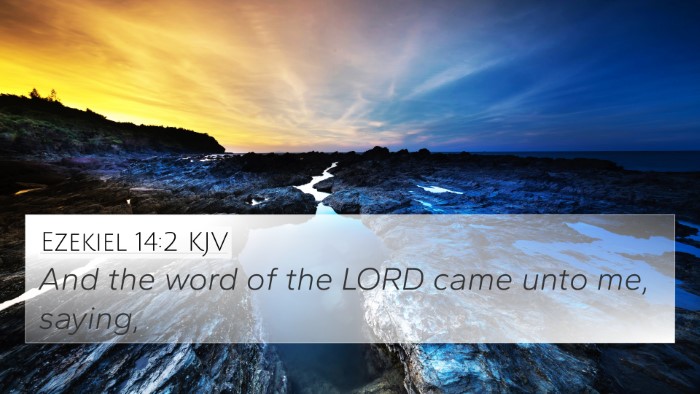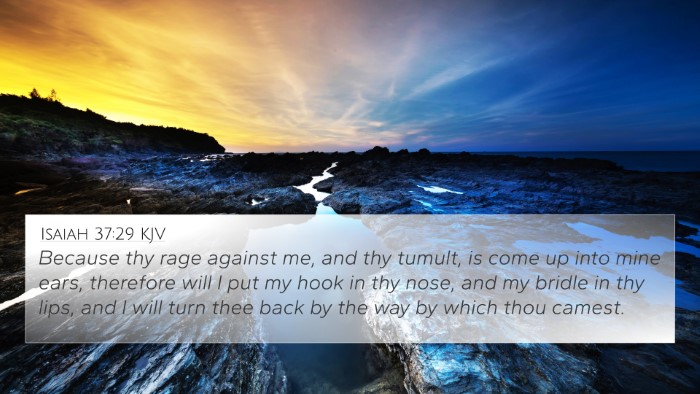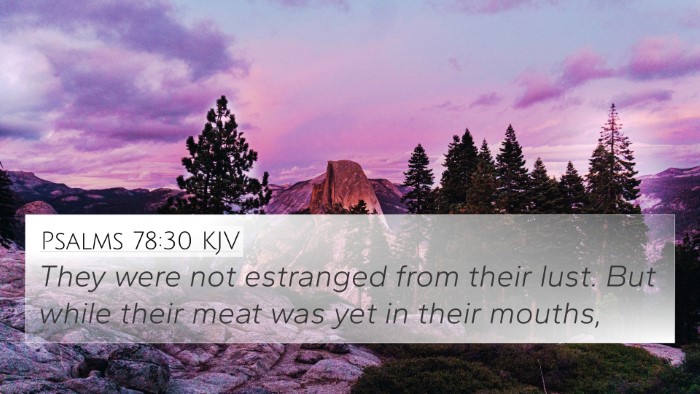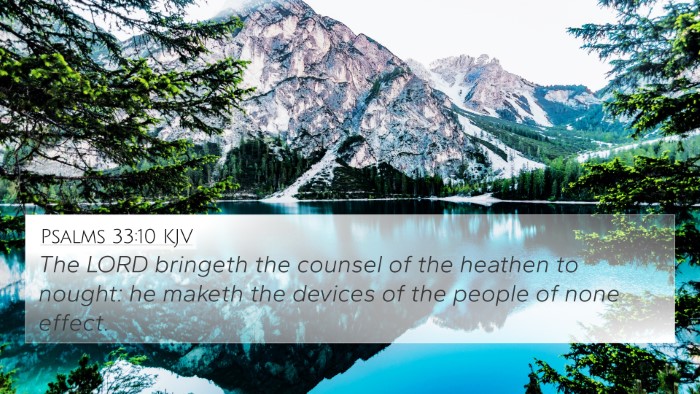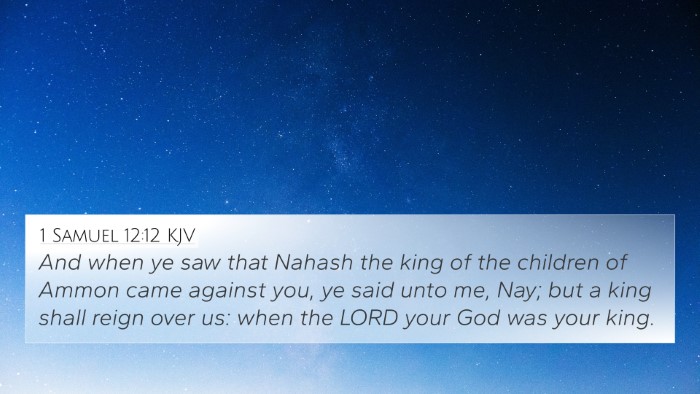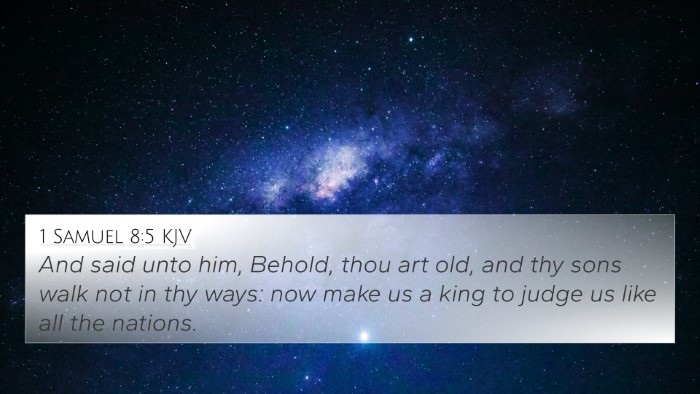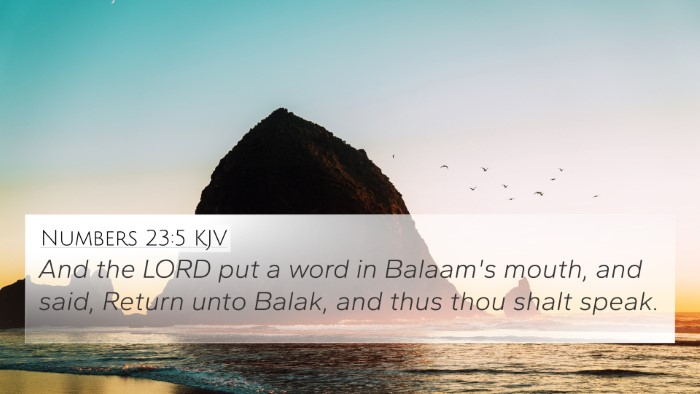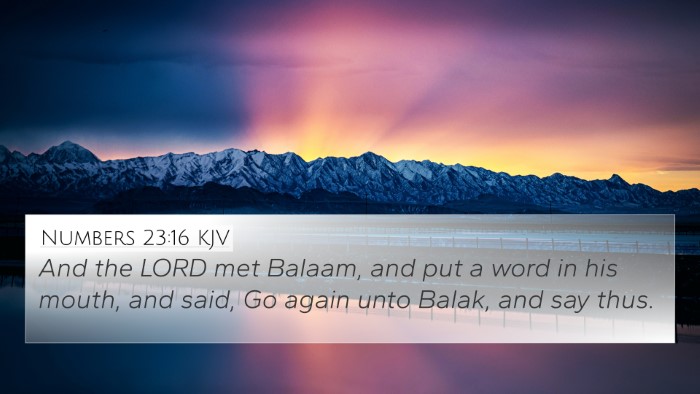Understanding Numbers 22:20
Contextual Overview: Numbers 22:20 describes a critical moment in the narrative of Balaam, a prophet known for his gift of divination. In this passage, God speaks to Balaam through a dream, instructing him to proceed with the journey proposed by Balak, the king of Moab, to curse the Israelites. This interaction exemplifies significant themes of divine sovereignty, the complexity of obedience, and the role of prophetic calling.
Verse Analysis
This verse states:
"And God came unto Balaam at night, and said unto him, If the men come to call thee, rise up, and go with them; but yet the word which I shall say unto thee, that shalt thou do."
Commentary Insights
Matthew Henry's Commentary
Matthew Henry offers insight into the nature of divine communication. He emphasizes that God's willingness to engage Balaam illustrates God's overarching authority. Despite Balaam's initial hesitation, God grants him permission to go with the Moabite princes, highlighting that the intentions of our hearts are revealed through our actions. The emphasis on God’s word at the end of this verse signifies the need for obedience to divine instruction over human desires.
Albert Barnes' Notes
Albert Barnes expands on the idea of God's sovereignty in this passage. He notes that the permission given to Balaam did not denote an endorsement of his actions. Instead, it served as a test of Balaam's fidelity—would he follow through with God's commands? This commentary underscores the necessity of discernment and the danger in pursuing paths contrary to God's will under the guise of divine permission.
Adam Clarke's Commentary
Adam Clarke provides a theological lens, suggesting that this verse illustrates the complexity of God’s will. He points out that God permits certain actions while still desiring obedience to His ultimate plan. This highlights the paradox of free will in divine providence, underscoring the narrative that even in disobedience, God's greater purpose is not thwarted.
Thematic Connections
Numbers 22:20 establishes vital themes related to obedience, divine communication, and the crossroads of free will and sovereignty. Below are several related Bible verses that can deepen understanding through cross-referencing:
- Proverbs 16:9: "A man's heart deviseth his way: but the LORD directeth his steps." - This relates to Balaam's decision-making process and the divine guidance that ultimately governs our paths.
- Romans 12:2: "And be not conformed to this world: but be ye transformed by the renewing of your mind, that ye may prove what is that good, and acceptable, and perfect, will of God." - This reinforces the importance of discerning God's will in our choices.
- James 1:5: "If any of you lack wisdom, let him ask of God, that giveth to all men liberally, and upbraideth not; and it shall be given him." - This verse speaks to coming to God for guidance—relevant as Balaam did.
- Deuteronomy 23:5: "Nevertheless the LORD thy God would not hearken unto Balaam; but the LORD thy God turned the curse into a blessing unto thee." - This highlights God’s sovereignty over Balaam's actions and intentions.
- Jeremiah 10:23: "O LORD, I know that the way of man is not in himself: it is not in man that walketh to direct his steps." - This supports the theme of divine guidance versus human destiny.
- 1 Peter 2:15: "For so is the will of God, that with well doing ye may put to silence the ignorance of foolish men." - Balaam's choices illustrate the challenge of living righteously amidst opposing influences.
- 1 Corinthians 10:31: "Whether therefore ye eat, or drink, or whatsoever ye do, do all to the glory of God." - A reflection on the motivation behind our actions, paralleling Balaam's struggle with divine obedience.
Cross-Referencing and Comparative Analysis
The exploration of Numbers 22:20 allows us to observe various connections across Scripture. By analyzing themes and principles echoed throughout the Bible, readers can draw parallels and find enhanced understanding of divine intention and human response.
Utilizing a Bible cross-reference guide, one can trace themes of obedience and divine command throughout Scripture. This verse serves as an excellent focal point for examining how prophetic voices interact with God's will and how believers today can learn from these historical narratives.
Conclusion
Numbers 22:20 encapsulates profound truths about the nature of God’s communication with humanity. It challenges readers to consider the implications of their choices and the quest for divine wisdom in navigating life’s decisions. As believers engage in cross-referencing Biblical texts, they deepen their understanding of God's sovereignty and their call to obedience.

